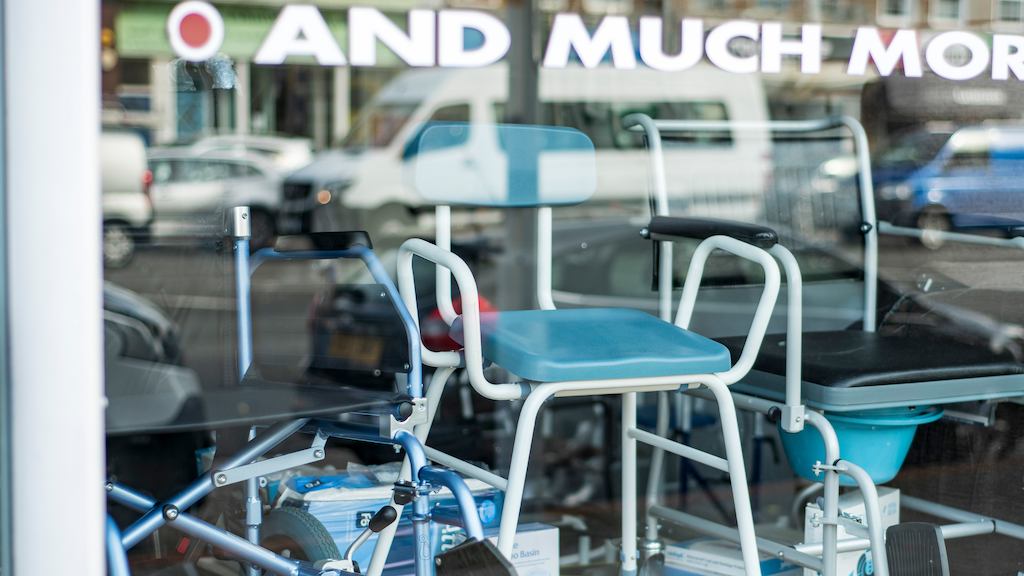If there was ever a time to take a long hard look at the state of social care it’s now. COVID has ravaged care homes. It has stripped away the support that many people living at home with disabilities, and their family carers, rely on. The stories that were shared with the review were humbling and at times shocking.
But this review was not about a response to COVID. The problems of social care predate the pandemic. Instead, it was about setting out a vision of the outcomes that could be achieved for people who use services and their families, and the improvements and reforms that are needed to get there. The challenge set by the First Minister was to be bold. And I believe we were.
The report published recently sets out a radical and positive vision for care and support for adults of all ages. It puts the rights of people at its heart and advocates for a shift away from crisis and towards prevention. A system that upholds people’s human rights and focuses on their capabilities and the support they need to live their lives to the full. This contrasts with the situation currently faced by many people who struggle to access support from a system that is designed to provide as little care as possible, as late as possible.
It proposes a new way of funding and delivering social care support that is based on collaboration not competition, and is consistent and fair. A move away from a system where need is defined by the budget available at local level, and assumes that family members will take on the bulk of the care, to one that puts users and their families in control and is honest about what can and can’t be funded.
It will require not only innovation in care and support, but real changes to the way we live. More people will want to remain in their homes and communities – so this means better design of new homes and improving and adapting existing housing. Services need to go to where the person is and support independent living, rather than being tied to a place such as a care home. It also requires recognition and investment in the community support that so many people rely on, whether provided by the voluntary sector or through faith communities. Creating age-friendly communities and ensuring there are opportunities for people to remain active and engaged throughout their lives will further support the shift to prevention.


